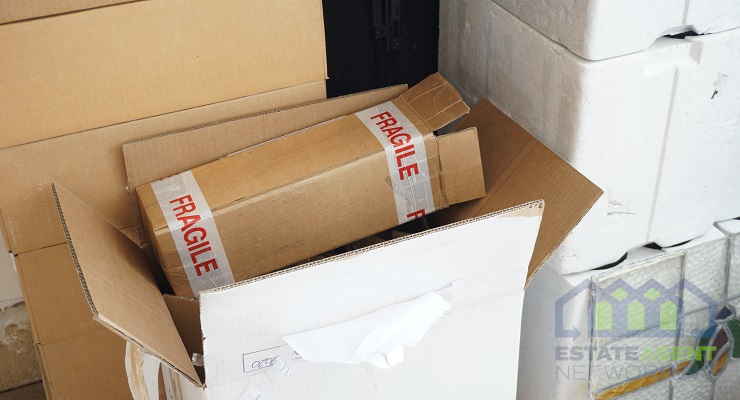Landlord repossessions soar as Renters’ Rights Bill looms
Landlord repossessions soar as Renters’ Rights Bill looms, with some areas seeing increase of over 2,500%
The latest analysis from Dwelly, one of the UK’s leading lettings acquisition and success planning experts, shows that landlord repossessions have increased by 6.8% across England and Wales. However, in some areas of the country they have soared by as much as 2,540%, as landlords look to regain control of their portfolio as the Renters’ Rights Bill looms.
Dwelly analysed official Government mortgage and landlord possession statistics looking at the number of repossessions to have taken place over the last 12 months* and how this figure compares to the previous 12 months.
The findings suggest that, as the Renters’ Rights Bill fast approaches, concerns are mounting across the sector, particularly with the proposed abolition of Section 21 “no fault” evictions threatening to make it harder for landlords to protect their investments going forward.
Across England and Wales as a whole, landlord repossessions are up 6.8% over the last 12 months when compared to the previous 12 months, whilst at a regional level, the East of England has seen the largest increase, up 22.8%.
London, which recorded the highest outright number of repossessions at 7,953, has seen a rise of 19.5%, while the West Midlands is up 13.4%. More marginal increases have also been recorded across the North East, East Midlands, North West and Yorkshire and the Humber.
In contrast, just three regions have seen a decline. Wales has recorded the largest fall at -33.8%, the South East is down -12.3%, and the South West has seen a drop of -3.9%.
At a local authority level, the most dramatic increases have been seen in Thurrock, where repossessions have climbed by 2,540% over the last 12 months. Basildon has also surged, up 889%, while Castle Point has increased by 183%. Welwyn Hatfield (165%) and Horsham (150%) complete the five largest increases.
Dwelly believes these figures underline the degree of uncertainty landlords are grappling with. For many, the only option to safeguard their position has been to act before Section 21 is removed. However, the firm notes that the rise in repossessions does not reflect landlords abandoning the sector, but rather highlights the steps being taken to retain control and stability in advance of the new legislation.
Sam Humphreys, Head of M&A at Dwelly, commented:
“The abolition of Section 21 is a cornerstone of the incoming Renters’ Rights Bill, but it risks removing a vital safeguard for landlords and the sharp rise in repossessions is a clear sign that landlords are already acting to protect themselves in advance of these changes.
It’s important to understand this isn’t about landlords leaving the market, or evicting tenants for the sake of it, but about them seeking to retain control of their assets whilst they can do so via current processes.
The private rented sector is essential to housing supply and if the Bill makes it harder for landlords to operate, it could backfire by further reducing availability for tenants at a time when demand has never been higher.
At Dwelly, we’re focused on helping to make the lettings landscape a more harmonious place, by providing growth and exit planning solutions, alongside technology-driven support for letting businesses.
By improving efficiency and streamlining compliance, we are able to help both letting agents and their landlords to better future-proof their portfolios and ensure that they are not only fully compliant in line with the incoming changes, but also that they have the ability to act quickly and professionally should issues arise.”









